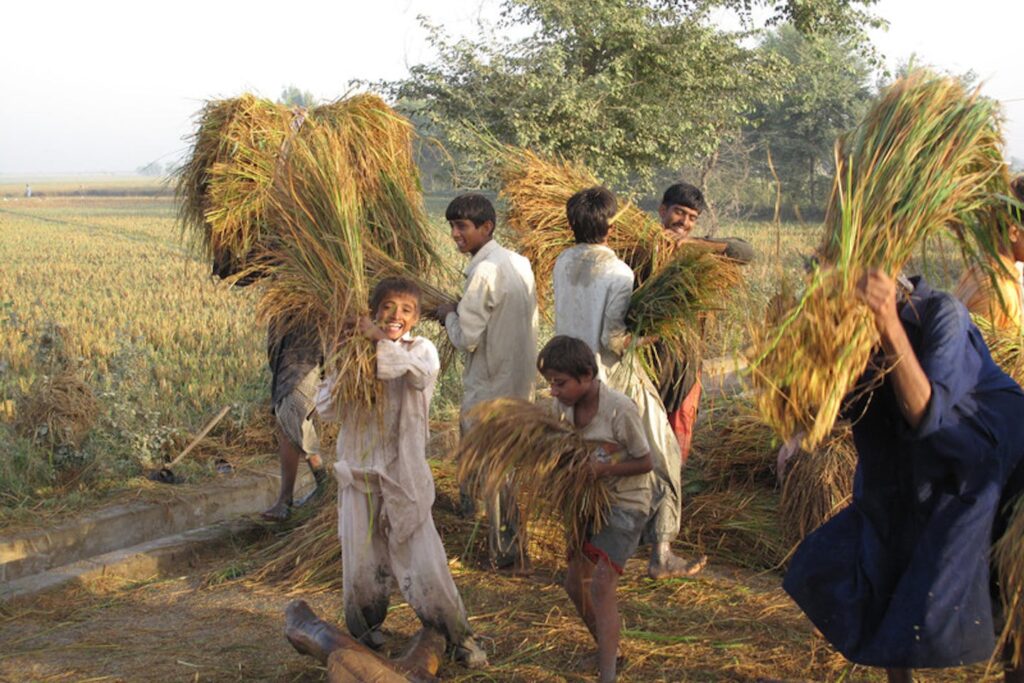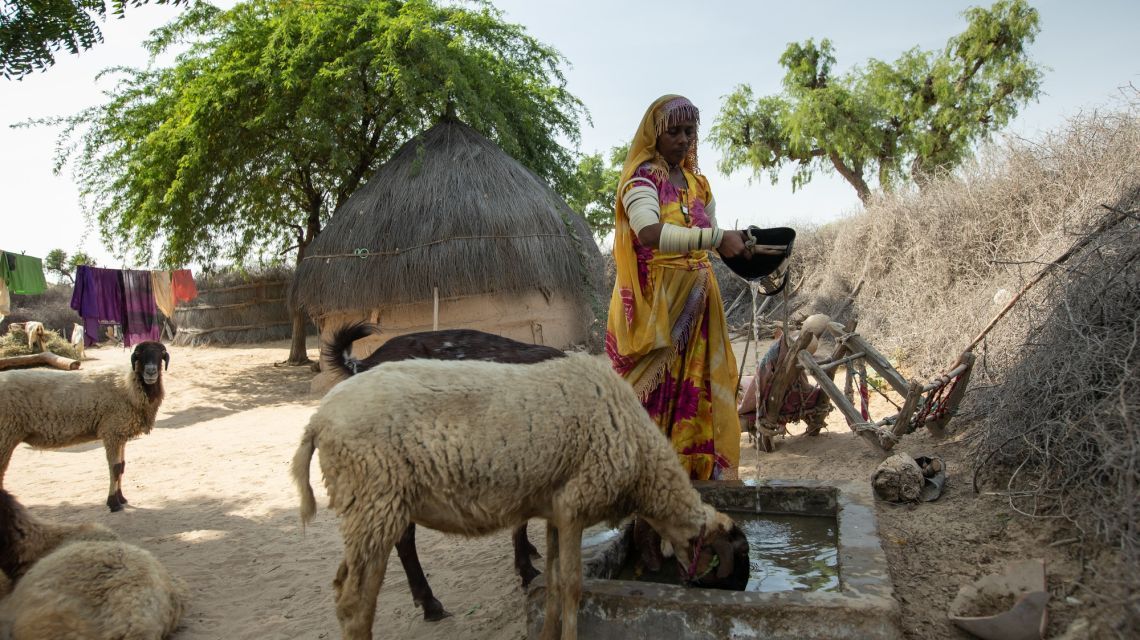How To Strengthen Food Security In Rural Areas Of Pakistan?

Definition of food security as per the United Nations’ Committee on World Food Security is: ‘’All people, at all times, have physical, social, and economic access to sufficient, safe, and nutritious food that meets their food preferences and dietary needs for an active and healthy life.’’ Food security is one of the very important part of the national security as well. Food security is directly linked with the population of the state and involves the humanitarian factor that is why it cannot be neglected and can pose to the national security of a state. Massive amount of population resides in the rural area of Pakistan where all the agricultural activities are taking place as well. Food security is equally important for both, rural and urban areas of the country.
How Can Rural Areas Be Made Food Secure?
There are some food related difficulties faced by the people in rural areas due to the lack of facilities, and once they are addressed, only then food security can be achieved. For example, Families cannot cultivate vegetables on the majority of the household-level land in the region due to salinity. Small, on-site versions of a vertical gardening system are built during Farmer Field Schools, filled with good soil, and then used to grow vegetables. Therefore, the best and most cost-effective solution is a vertical garden system. The majority of the resources used in this learning process are found nearby and are recycled, including wheels and plastic bottles. Improvement in farming methods is needed to increase agricultural production. Agricultural productivity and food availability are negatively impacted by issues like salinity and waterlogging, which have a direct impact on nutrition. Through adaptability and enhanced farming practices, these obstacles can be addressed. Crop yields, food diversity, security, and nutrition are all predicted to grow with improved adaptive farming techniques. Community fish farms are also another crucial component of the idea. Many impoverished communities living in distant regions far from large cities cannot buy fresh and high-quality seafood. The project’s delivery of goats and chickens is essential because it gives families reliable and secure food sources. For instance, goat’s milk has the same nutritional value as breast milk and its fat content improves digestion.

Change in eating habits is also required to prevent malnutrition. For long-term improvements in under nutrition, social and behavioral changes in regard to eating patterns are crucial because they contribute to a more complete rise in food diversity. In the developing countries like Pakistan, there is under or uneven development. By these two terms it means that the urban areas are more developed and more is invested in the city sides and the rural areas remain less developed. For example, Baluchistan is a province rich in mineral and resources but it is less developed while Punjab is comparatively more develop. So, instead of investing more in development of Punjab, first the underdeveloped regions should be taken into consideration. Same is the case with urban and rural areas. Rural areas should be provided with some basic facilities which can ensure the food security there. Understanding how agricultural policies affect food supply, income, and the poor and vulnerable in rural and urban regions, as well as how this burden is transferred on to other sectors, is necessary for managing food security in Pakistan. Another important think when we talk about food security is to keep a check and balance on food wastage as well. Food waste occurs at the retail, food service, and residential levels while food loss happens from the farm up to and excluding retail. Poor handling, improper shipping or storage, a lack of cold chain capacity, adverse weather conditions, low hygienic standards, and consumers with poor planning and preparation abilities are just a few of the causes. Simply put, less food wasted or lost means more food for everyone.